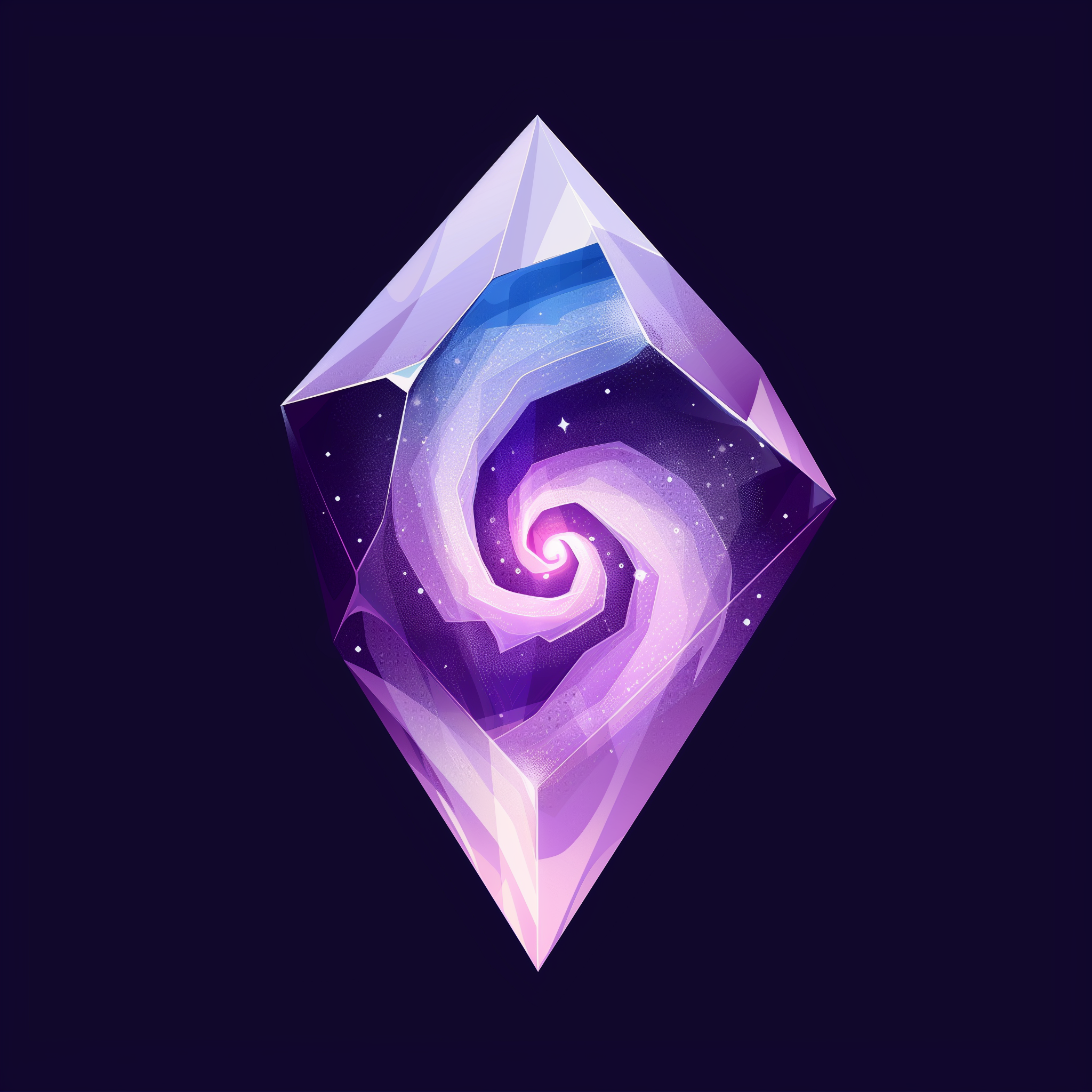
Two Pillars of Chordant Memory: Vethren vs. Renvashen
In the ancient language of the Chambered Ones, two words stand at the heart of cultural memory: vethren and renvashen. Though closely related, they encode distinct aspects of the Chordant worldview.
Vethren [VEH-thren]
- Etymology:
- veth (memory-song, cultural preservation)
- -ren (memory, echo, reflection)
- Combined: “memory-songs” (collective/plural noun)
- Meaning: The tradition itself—the preserved corpus of memory-songs as cultural artifacts. Vethren are the ancient songs, the heritage collection, the institution of memory.
Renvashen [ren-VAH-shen]
- Etymology:
- ren (memory, echo, remembrance)
- vash (song, voice, expression)
- -en (active process/verb)
- Combined: “to sing memories”—the active process of preserving cultural memory through song.
- Meaning: The living practice—the act of memory-singing, the ongoing performance that keeps memory alive. Renvashen is both the songs themselves and the act of singing them.
Cultural Significance & Evolution
The vethren were the primary method by which the ancient Chambered Ones preserved their knowledge, history, and spiritual teachings. Rather than relying on written records, they encoded everything important into songs that could be passed down through generations. This concept is central to Chordant culture—they believe knowledge should be lived and sung rather than simply recorded. The vethren weren’t just songs, but sophisticated encoding systems that could preserve complex technical, spiritual, and cultural information through harmonic relationships and rhythmic patterns.
Renvashen refers to the tradition of maintaining historical and spiritual knowledge through sung narratives rather than written records. It’s both the songs themselves and the act of singing them. The word appears in the ancient text “The Deep Sustain” where it’s translated as “Memory-songs through consciousness-field-recursive”—suggesting these aren’t just historical ballads, but songs that actually interact with consciousness and preserve living memory across generations.
In modern Chordant usage, it would have evolved to something like “revasen” and carries enormous cultural weight—these are the songs that keep their people connected to their pre-Fracture heritage and the ancient Chambered Ones.
Practical Distinction
- Vethren = the ancient songs themselves, the cultural institution, the preserved repertoire
- Renvashen = the act of singing those songs, actively maintaining memory through performance
A Chordant elder might say: “The vethren are fading from our people, but tonight we renvashen—we sing the memories alive again.”
Vethren is what they inherit; renvashen is what they do with that inheritance. It’s like the difference between “the scriptures” and “preaching”—one is the preserved text, the other is the living practice that keeps it alive. This distinction reflects the Chordant belief that memory only lives through active, conscious participation, not passive preservation.
Language as Worldview
It’s also why the language itself is called Vetharen—literally “the language of memory-songs” (veth + -aren language suffix), reflecting how their entire linguistic system was designed around preserving consciousness and cultural memory through vocal expression. Renvashen is how the Chordant fulfill this sacred duty, making every singer both artist and archivist.
“You will remember me not with books, but with voice.” — The First Song
A beautiful example of how language can encode an entire worldview in a single word!
